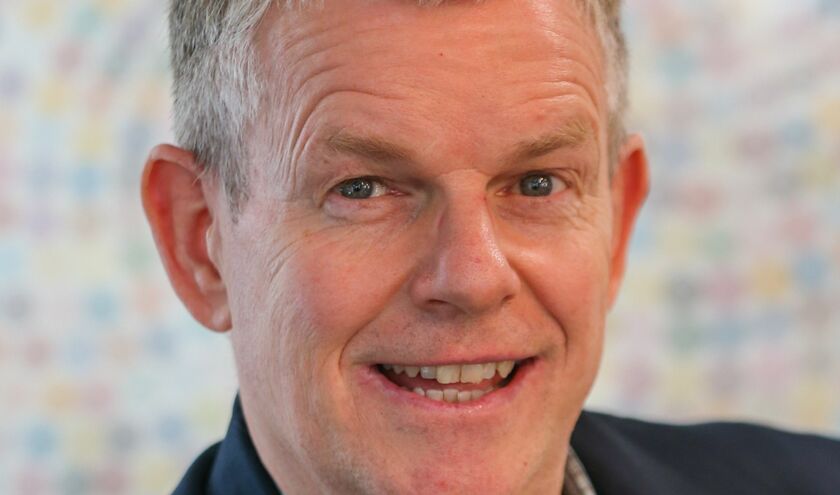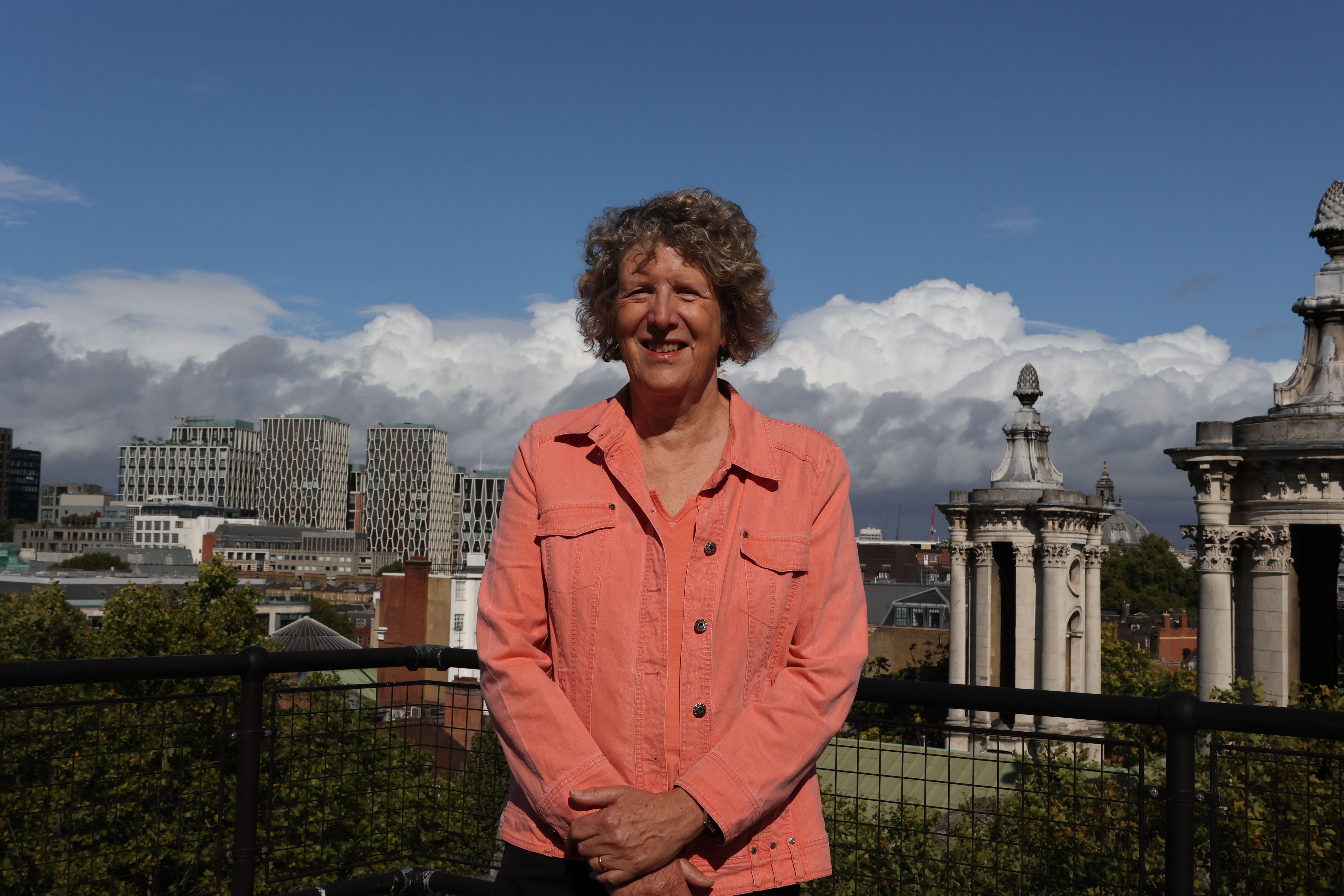Taking a global perspective, Sir Terence highlighted how the NHS ranks highly internationally in terms of value of money, while lagging behind in healthcare outcomes.
He pointed out how expenditure spending per capita in the UK is considerably less than the US and below other nations with alternative funding models such as Australia and Germany.
While the UK's planned healthcare budget of over £232bn in 2028/29 is equivalent to the GDP of Portugal, Sir Terence pointed out it still ranks below the likes of France, Germany and Japan in terms of expenditure as a percentage of GDP.
While public satisfaction levels with the NHS remain at an historic low, Sir Terence rightly highlighted that the British public demanded a top-quality health service be delivered at a low-budget cost.
The NHS chair argued passionately that the core model of a universal health service, free at the point of need and funded through direct taxation remained a compelling offer despite increasing calls for an alternative.
A healthy does of realism on what the NHS can achieve on its current funding model is required if we are ever to get to a place where it evolves into a more prevention-based, efficient system.



